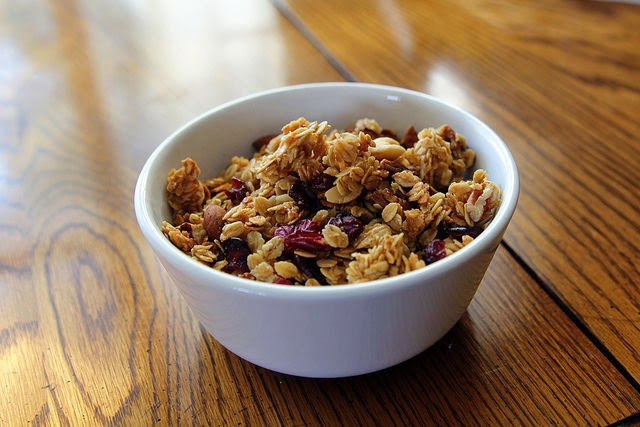Diet for People with Celiac Disease
Celiac disease is a health problem in which, the body cannot absorb the gluten in oats, barley, rye, and wheat. Gluten can damage the intestines of those have celiac disease. When the intestines get damaged, it triggers of diarrhea, which prevents your body from absorbing and using nutrients like fats, carbohydrates, protein, calcium, and vitamins. The body can get under-nourished if these nutrients are not absorbed by the organs.
But celiac disease can be controlled by not eating food products that contain gluten. A gluten-free diet can repair the damage that was caused to the intestines and the patient can lead a healthy, normal life. But the rule is that anyone with celiac disease will have to eat foods without gluten every day of their lives, if they want to remain well. Even small amounts of gluten in the food can cause some damage to the body.
But celiac disease can be controlled by not eating food products that contain gluten. A gluten-free diet can repair the damage that was caused to the intestines and the patient can lead a healthy, normal life. But the rule is that anyone with celiac disease will have to eat foods without gluten every day of their lives, if they want to remain well. Even small amounts of gluten in the food can cause some damage to the body.
 Diet for people with celiac disease: At the moment, a gluten-free diet is the only way to treat celiac disease. Depending upon the condition that each patient has, most patients have avoid all gluten, while a few can eat a small amount. Then there are patients, who can eat oats, while there are also patients who get acute reaction by eating even a small amount of gluten. A diet should not consist of the following:
Diet for people with celiac disease: At the moment, a gluten-free diet is the only way to treat celiac disease. Depending upon the condition that each patient has, most patients have avoid all gluten, while a few can eat a small amount. Then there are patients, who can eat oats, while there are also patients who get acute reaction by eating even a small amount of gluten. A diet should not consist of the following:- Breads and cereals: Choose these - rolls, buns and breads made with tapioca, soybean, sorghum, rice, potato, pea, corn, carob, and arrowroot. You can eat pure corn tortillas, potato chips, wild rice, puffed rice, and rice noodles.
- Fruits and vegetables: You can eat all sorts of vegetables that are frozen, fresh, canned or dried. Yams and sweet potatoes are good for you too. Avoid breaded vegetables, cheese sauce, or vegetables cooked with cream sauce.
- Meats and meatless protein: You can eat tofu, soy protein without fillers, peanut butter, nuts, beans, dried peas, shellfish and fish, and all fresh poultry and meat products. Avoid breaded meats and fish, meat patties and meatloaf, canned meats, sausages, cold cuts, meat products prepared with barley, oats, rye or wheat.
- Dairy products: You can consume dairy products like Parmesan, Swiss, and Cheddar cheese, yoghurt without cereal flavor, condensed milk, and skimmed or dry milk. Avoid processed cheesy foods, cereal beverages, malted milk, and commercial drinks and chocolate milk.
- Oils and Fats: You can use homemade salad dressings, vegetable oils, margarine, and butter. Avoid using cream sauces thickened with flour.